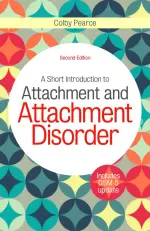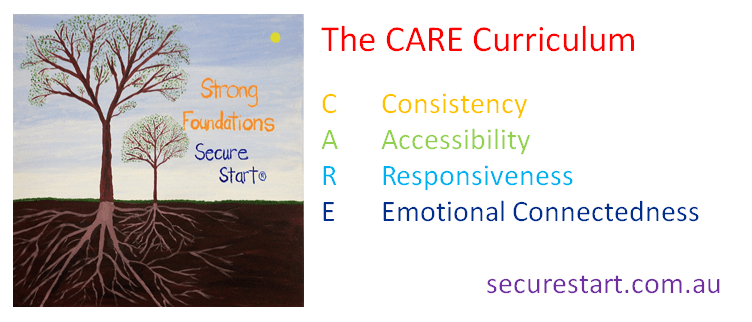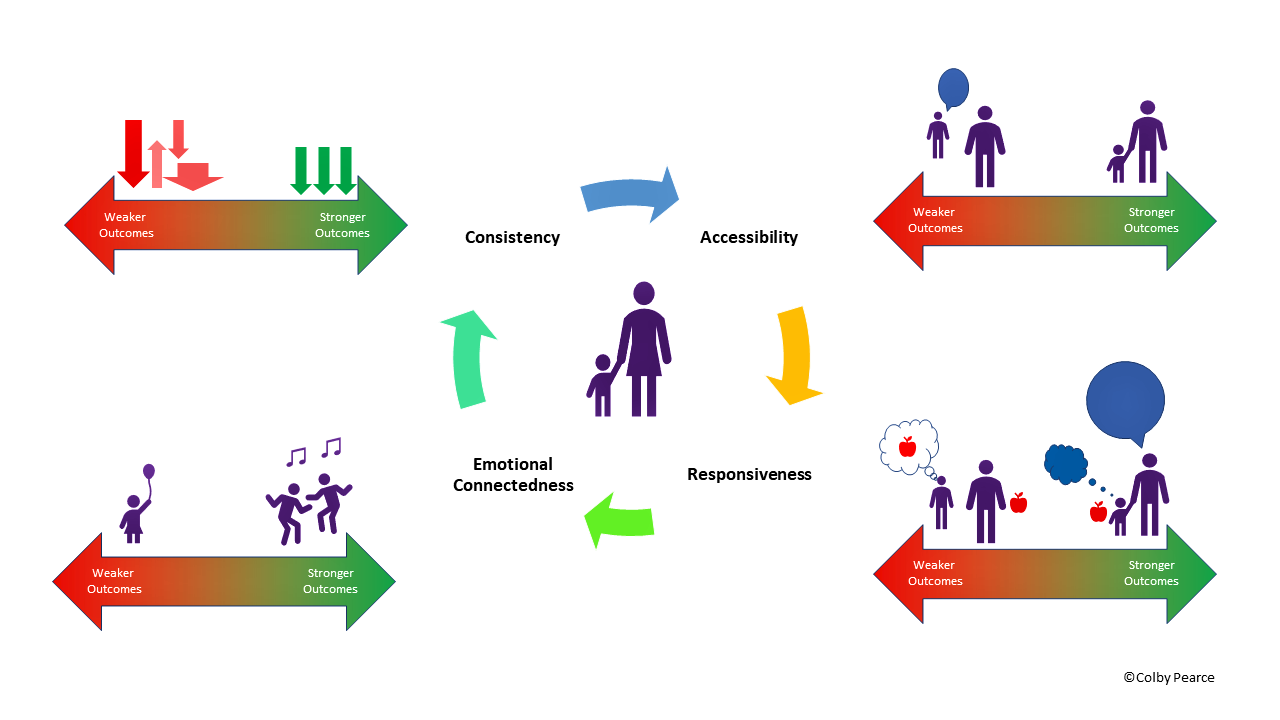-
Disclaimer: While great care is taken to ensure that the advice on this site is widely applicable and based on sound psychological science, it may not suit the individual circumstances of all visitors. If you have any concerns about applicability to your circumstances, please consult a qualified professional near to you.
-
Join 8,017 other subscribers
Colby Pearce
Search this site
-
Colby on YouTube Trauma Informed Resource

Resilient Kids

CARE Training

-
Secure Start – Trauma Informed

Self-Paced Learning Modules

The CARE Curriculum

Tag Archives: psychology
Redundancy as a goal of trauma-focused psychotherapy
When you take on the psychotherapy role with a child or young person who is recovering from as tough start to life in out-of-home care, there is a real possibility that you will become the most consistent and enduring adult … Continue reading
Posted in Therapy, trauma informed
Tagged counselling, psychology, psychotherapy, traumainformed
Leave a comment
How do I get my child to go to sleep in their own bed?
In this blog I describe a methodology I used with my own children, and recommend in my practice. Before doing so, I would advise that this is a routine that I sustained across years. My children and I enjoyed this … Continue reading
Posted in AAA Caregiving, Adoption, Fostering, kinship care, Parenting
Tagged children's sleep, foster carer, fostering, kinship carer, parent, parenting, psychology, resilience, sleep, trauma informed, wellbeing
Leave a comment



